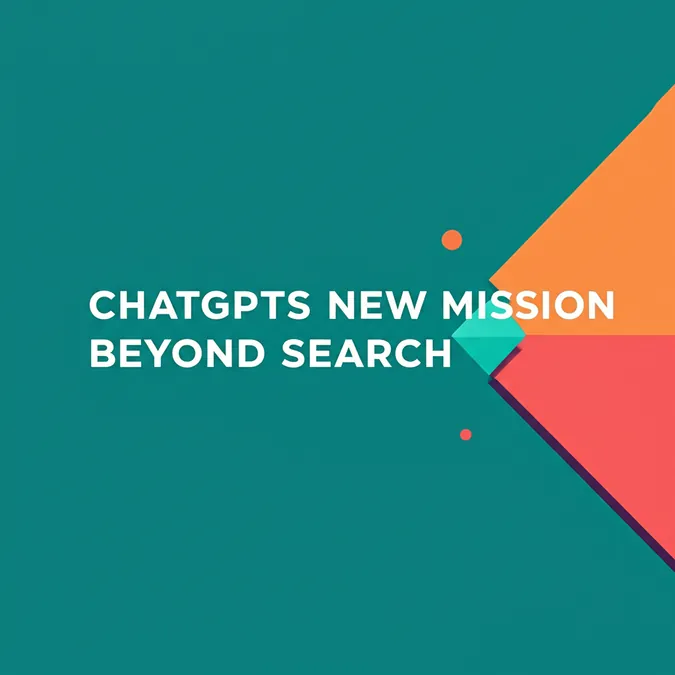Developer Offer
Try ImaginePro API with 50 Free Credits
Build and ship AI-powered visuals with Midjourney, Flux, and more — free credits refresh every month.
AI And Our Brains Is ChatGPT Reducing Thought
The Rising Concern AI and Cognitive Decline
Are artificial intelligence tools making us less intelligent? Could relying too much on platforms like ChatGPT lead to a decline in our attention and mental sharpness? These are pressing questions as AI technologies become more integrated into our daily lives.
The debate has been fueled by recent critiques, notably from researchers at MIT. A new study gaining traction on social media, provocatively titled “Your Brain on ChatGPT,” makes a significant claim. It suggests that when individuals use ChatGPT for tasks such as writing, their own cognitive activity diminishes. The implication is stark: while AI can simplify tasks, it might also pose a risk to our fundamental ability to think deeply and independently over time.
An Intuitive Fear Understanding Cognitive Offloading
This idea might resonate with many based on everyday experiences. For instance, if you consistently depend on GPS for navigation even in familiar areas, you may find it harder to learn the routes yourself. Similarly, the ease of searching for information online, like finding the capital of a state via Google, can reduce the necessity—and therefore the likelihood—of memorizing such facts, a common practice in past educational methods. These examples illustrate a concept known as cognitive offloading, where we rely on external tools to perform mental tasks.
A Word of Caution Is Panic Justified
However, before sounding the alarm about an impending era of diminished intellect, it's important to consider a broader perspective. The author suggests that widespread panic may be premature. While the concerns are valid, the "age of stupidity" hasn't necessarily arrived, especially when we consider the baseline levels of human understanding and decision-making throughout history. Perhaps our current state, even with AI, isn't as dire as some fear when compared to the past.
Compare Plans & Pricing
Find the plan that matches your workload and unlock full access to ImaginePro.
| Plan | Price | Highlights |
|---|---|---|
| Standard | $8 / month |
|
| Premium | $20 / month |
|
Need custom terms? Talk to us to tailor credits, rate limits, or deployment options.
View All Pricing Details

